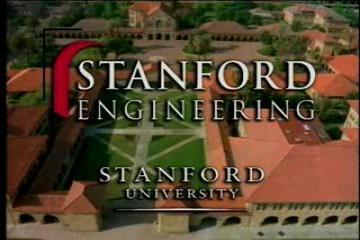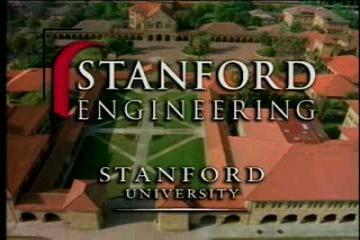
Course: Computer Science III: Programming Paradigms
by: Jerry Cain , Stanford subject: Computer Science
Click hete to start the course right now>>>
Course description
Topics include: Advanced memory management features of C and C++; the differences between imperative and object-oriented paradigms; the functional paradigm (using LISP) and concurrent programming (using C and C++); brief survey of other modern languages such as Python, Objective C, and C#.
Prerequisites: Programming and problem solving at the Programming Abstractions level. Prospective students should know a reasonable amount of C++. You should be comfortable with arrays, pointers, references, classes, methods, dynamic memory allocation, recursion, linked lists, binary search trees, hashing, iterators, and function pointers. You should be able to write well-decomposed, easy-to-understand code, and understand the value that comes with good variable names, short function and method implementations, and thoughtful, articulate comments.





























